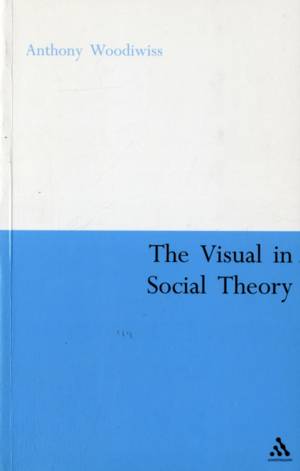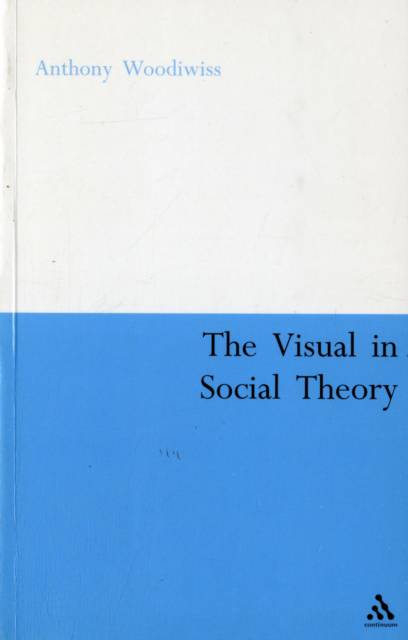
- Afhalen na 1 uur in een winkel met voorraad
- Gratis thuislevering in België vanaf € 30
- Ruim aanbod met 7 miljoen producten
- Afhalen na 1 uur in een winkel met voorraad
- Gratis thuislevering in België vanaf € 30
- Ruim aanbod met 7 miljoen producten
Zoeken
Omschrijving
The distinction between understanding sight as a natural faculty - vision - and understanding it as an historical and social construct - visuality - has had significant impact in the visual arts. Not so in social theory where, notwithstanding the efforts of the classical theorists, the practical scientific necessity of privileging visuality over vision has been lost. The Visual in Social Theory argues that, because of its uncritical use of terms like modernity, postmodernity, globalisation and the Third Way, contemporary social theory has become a participant in rather than a critic of 'promotional culture'. In short, in forgetting its past social theory has effectively forsaken its future. The Visual in Social Theory aims to restore the self-discipline and critical edge intrinsic to any analytical work on visuality. The book will be essential reading not only for those interested in contemporary debates around vision but for a broader readership concerned for the critical relevance of contemporary social theory.
Specificaties
Betrokkenen
- Auteur(s):
- Uitgeverij:
Inhoud
- Aantal bladzijden:
- 234
- Taal:
- Engels
Eigenschappen
- Productcode (EAN):
- 9780826478771
- Verschijningsdatum:
- 20/10/2005
- Uitvoering:
- Paperback
- Formaat:
- Trade paperback (VS)
- Afmetingen:
- 154 mm x 214 mm
- Gewicht:
- 417 g

Alleen bij Standaard Boekhandel
+ 145 punten op je klantenkaart van Standaard Boekhandel
Beoordelingen
We publiceren alleen reviews die voldoen aan de voorwaarden voor reviews. Bekijk onze voorwaarden voor reviews.








